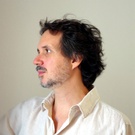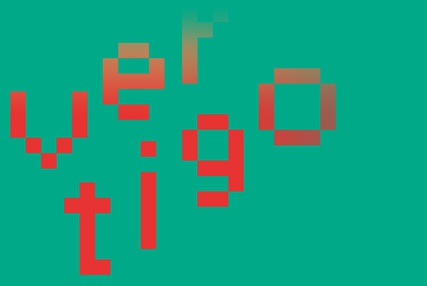Résidence en recherche artistique 2017
Scrisp: a scripting language for bach.
En collaboration avec l'équipe Représentations musicales.

Depuis sa création en 1977, l’Ircam a pour mission fondamentale de susciter une interaction féconde entre recherche scientifique, développement technologique et création musicale contemporaine. Cette articulation constitue le principal axe structurant de l’ensemble de ses activités. L’un des enjeux majeurs est de contribuer, par les apports des sciences et techniques, au renouvellement de l’expression musicale.…
L'Ircam est un centre de recherche internationalement reconnu dont l'activité est consacrée à la création de nouvelles technologies pour la musique et le son. L'institut offre un environnement expérimental unique permettant aux artistes d'enrichir leur expérience sonore via les concepts développés et exprimés grâce aux nouvelles technologies.
Au service des missions de recherche et de création de l’Ircam, la transmission cherche à éclairer le sens actuel et en devenir des interactions entre arts, sciences et technologie, mais aussi à partager ses modèles de connaissance, ses savoir-faire et ses innovations vers un public le plus large possible.
Au cœur d’enjeux sociétaux et économiques croisant culture et technologies de l’information, les recherches accueillies à l’Ircam se présentent dans le paysage international de la recherche comme pôle de référence interdisciplinaire autour des sciences et technologies du son et de la musique et s’exposent en permanence aux nouveaux be…



Depuis sa création en 1977, l’Ircam a pour mission fondamentale de susciter une interaction féconde entre recherche scientifique, développement technologique et création musicale contemporaine. Cette articulation constitue le principal axe structurant de l’ensemble de ses activités. L’un des enjeux majeurs est de contribuer, par les apports des sciences et techniques, au renouvellement de l’expression musicale.…
L'Ircam est un centre de recherche internationalement reconnu dont l'activité est consacrée à la création de nouvelles technologies pour la musique et le son. L'institut offre un environnement expérimental unique permettant aux artistes d'enrichir leur expérience sonore via les concepts développés et exprimés grâce aux nouvelles technologies.
Au service des missions de recherche et de création de l’Ircam, la transmission cherche à éclairer le sens actuel et en devenir des interactions entre arts, sciences et technologie, mais aussi à partager ses modèles de connaissance, ses savoir-faire et ses innovations vers un public le plus large possible.
Au cœur d’enjeux sociétaux et économiques croisant culture et technologies de l’information, les recherches accueillies à l’Ircam se présentent dans le paysage international de la recherche comme pôle de référence interdisciplinaire autour des sciences et technologies du son et de la musique et s’exposent en permanence aux nouveaux be…



Compositeur (Italie)
Andrea Agostini étudie la composition et la musique électronique à Bologne puis se perfectionne en Italie et en France, où il suit le Cursus de composition et d’informatique musicale de l’Ircam. Il compose des œuvres de musique instrumentale, électroacoustique et mixte, obtient des prix et récompenses de concours internationaux et reçoit des commandes de nombreuses institutions. Ses œuvres sont régulièrement interprétées dans le cadre de festivals et de concerts.
Sa curiosité pour les différents langages musicaux le conduit à travailler dans les domaines du rock et des musiques improvisées et à s’intéresser à des pratiques musicales non occidentales. Il est également actif dans le domaine de l’informatique musicale : il développe, avec Daniele Ghisi, ‘‘bach: automated composer’s helper’’ et ‘‘cage’’, des librairies d’outils informatiques pour la composition assistée par ordinateur. Compositeur en recherche à l’Ircam, puis associé de recherche à la Haute École de musique de Genève, il enseigne aujourd’hui la musique électronique au conservatoire de Turin.
Il est membre fondateur du collectif de compositeurs /nu/thing.
Scrisp: a scripting language for bach.
En collaboration avec l'équipe Représentations musicales.
